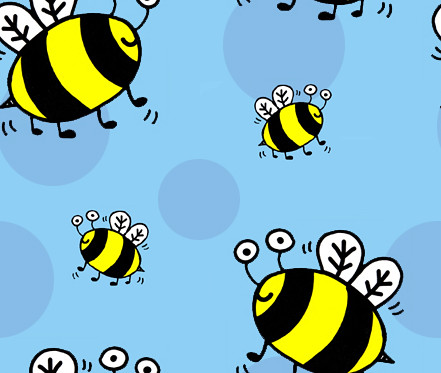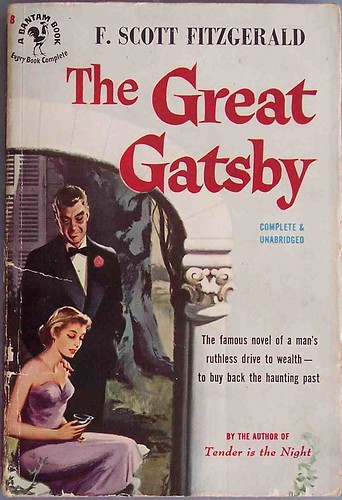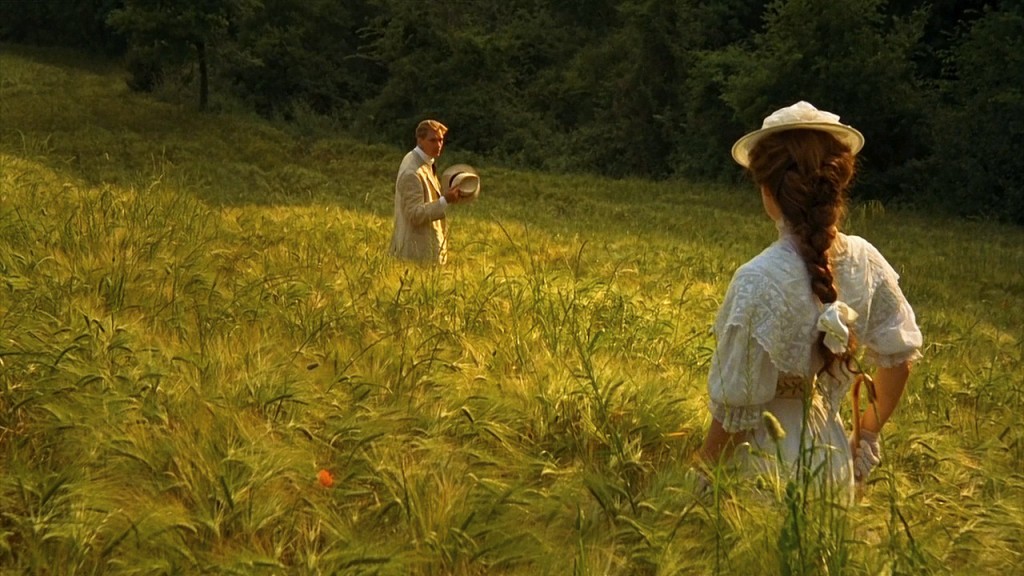Welcome to this week’s Language Blog Roundup, in which we bring you the highlights from our favorite language blogs and the latest in word news and culture.
In words in the news, the British government overruled traditional definitions and are allowing “the words for the spouses to be used interchangeably for people of either gender in some contexts.” Kathleen Parker at The Washington Post gave a few reasons why cracker will never compare with the N-word, and Code Switch at NPR delved into the secret history of cracker.
The Smithsonian wondered if musicians can save the Welsh language. In Shanghai, ancient inscriptions, “believed to be 1,400 years older than the most ancient written Chinese language,” have been discovered. The New York Times explored a possible connection between baby babble and birdsong.
Slate claimed that profanity is changing for the better. Meanwhile, the word shitstorm entered Germany’s standard dictionary. The long-awaited new edition of Hobson-Jobson, a glossary of Anglo-Indian words, is now available.
Australian restaurateur Paul Mathis proposed the Ћ, a shortening of the. The Atlantic questioned if we really need it, and Tom Chivers of The Telegraph recounted other attempts at making the English language better. Meanwhile, we learned about the origin of a much-used symbol, the pilcrow.
Robert Lane Greene interviewed American teenage hyperpolyglot, Timothy Doner, who speaks 20 languages. Ben Zimmer kicked off his new column at the Wall Street Journal, Word on the Street, with a look at the prefix cyber.
At Lingua Franca, Anne Curzan gave a polite defense of no problem; William Germano examined the taxonomy of greeting cards; and Allan Metcalf pulled into reduplication station. He joined Arika Okrent who considered five meanings of argle-bargle and the phonetic pitfalls of the shm reduplication. Arika also qualified the old rule, “i before e except after c.”
At the Macmillan Dictionary blog, Laine Redpath Cole told the story behind South African, and Stan Carey told explained the minutiae of Latin plurals.
James Harbeck showed how foreign words have influenced political and military words in English. Neal Whitman uncovered the spatula’s linguistic origins. Kory Stamper shared some amusing editorial correspondence and parsed dictionary lookups.
In words of the week, Fritinancy picked soucriant, “a vampire witch who sheds her skin at night and turns into a fireball,” and mixonymics, “the creative naming of cocktails.” Word Spy spotted stealthwear, “clothing designed to prevent the wearer from being tracked, recognized, or photographed,” and hate-watch, “to watch a TV show, movie, or actor that one vigorously dislikes.”
Lynneguist told us what ordering a hot dog in the UK might get you, and spoke with the Chicago Manual of Style about why she started her blog, some surprising differences between American and British English, and words that are untranslatable.
The Dialect Blog explored the ever-shifting dialects of the television show, Orphan Black. The OxfordWords Blog had fun with Sein-language, or lexicon from Seinfeld, and The Week rounded up 10 SyFy movies just as ridiculous as the upcoming Sharknado.
Ted Scheinman of The Paris Review was lucky enough to attend the Jane Austen Summer Program. If you’re in London, check out the frightening cool giant statue of Mr. Darcy in Serpentine Lake of Hyde Park, and if you’re on Google Maps, go explore Harry Potter’s Diagon Alley.
The OxfordWords Blog toasted some whisky words. Jonathan Green, aka Mr. Slang, shared a wonderful timeline of slang terms for drunk. NPR explained how “boozy talk” can differ between men and women. And look out, cronut, here comes the frissant, part fritter, part croissant. Also keep your eye out for sonkers, grunts, slumps, and crumbles.
This we also learned some Yiddish words, 11 obscure regional phrases for “it’s really hot,” and 12 colorful American slang words that start with Z. We got a lesson in the international language of corruption and the art of ghosting, otherwise known as the French leave or the Irish goodbye.
And on that note. . . .
[Photo: “Cracker,” CC BY 2.0 by Tony Alter]






